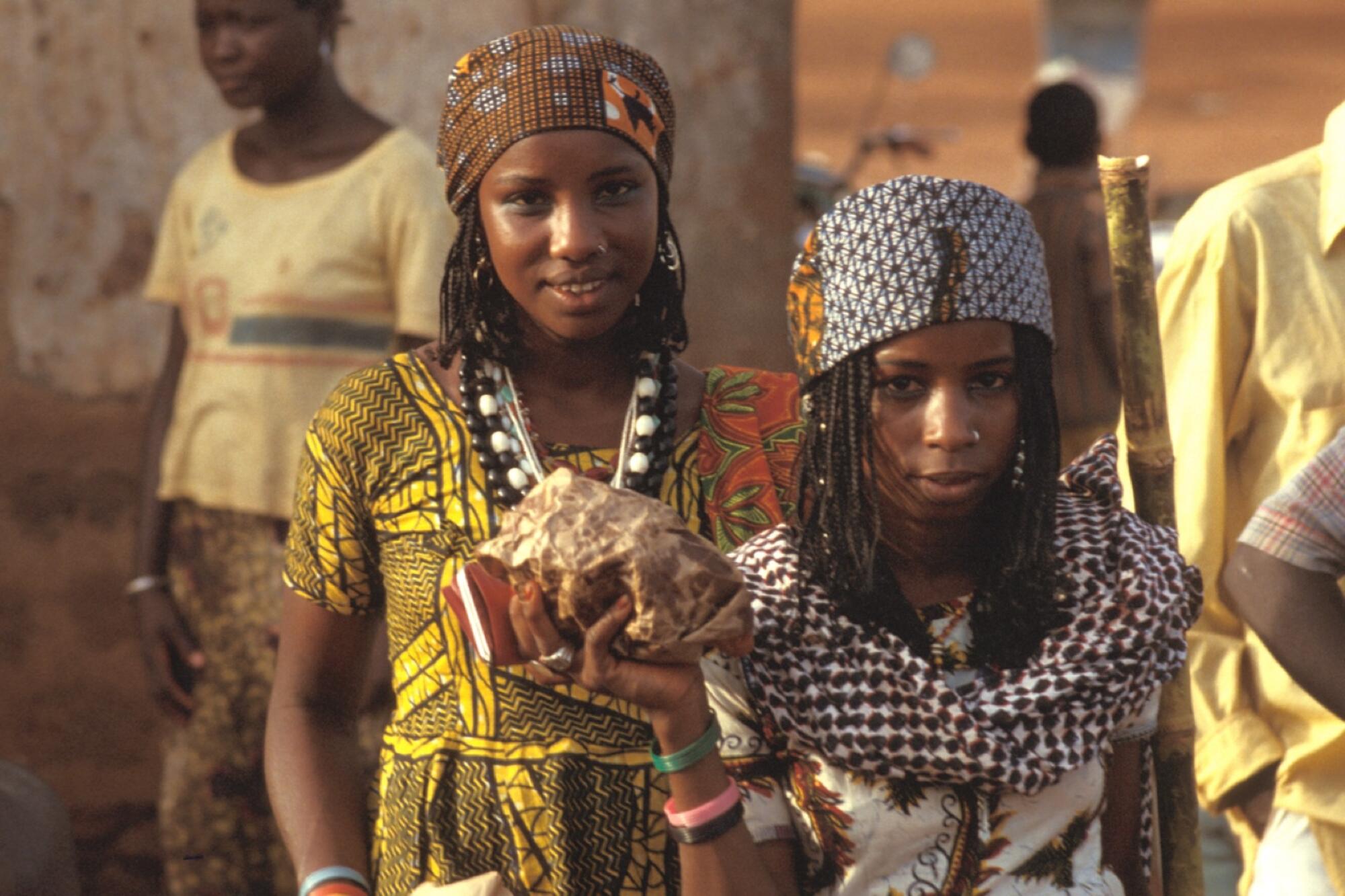Women and Health: Beijing Declaration +20 - 68th World Health Assembly
Geneva, Switzerland
Background
The World Health Assembly (WHA) featured a 20-year assessment of the state of women’s health and women’s role in health, as well as the need for gender mainstreaming in this sector.
UN Women Deputy Executive Director Lakshmi Puri took a lead on a gender-focused panel on “Women and Health: Beijing Declaration +20” on 19 May.
The discussion shed light on the unfinished development agenda—the remaining gap between women and men in health, and the unequal access to information, decision-making, care and basic health practices that further increase the health risks for women and girls—20 years after the adoption of the Beijing Declaration and Platform for Action.
“Gender equality must remain a top priority in order to close the health equity gap worldwide and contribute to development across all three dimensions—economic, social, and environmental,” said Ms. Puri in her opening address at the event, one of the more than 45 global events being held around the world to mark the review, appraisal and commemoration of Beijing+20.
UN Women Deputy Executive Director Lakshmi Puri took a lead on a gender-focused panel on “Women and Health: Beijing Declaration +20” on 19 May.
The discussion shed light on the unfinished development agenda—the remaining gap between women and men in health, and the unequal access to information, decision-making, care and basic health practices that further increase the health risks for women and girls—20 years after the adoption of the Beijing Declaration and Platform for Action.
“Gender equality must remain a top priority in order to close the health equity gap worldwide and contribute to development across all three dimensions—economic, social, and environmental,” said Ms. Puri in her opening address at the event, one of the more than 45 global events being held around the world to mark the review, appraisal and commemoration of Beijing+20.

Gender equality and women’s empowerment
Related Goals
